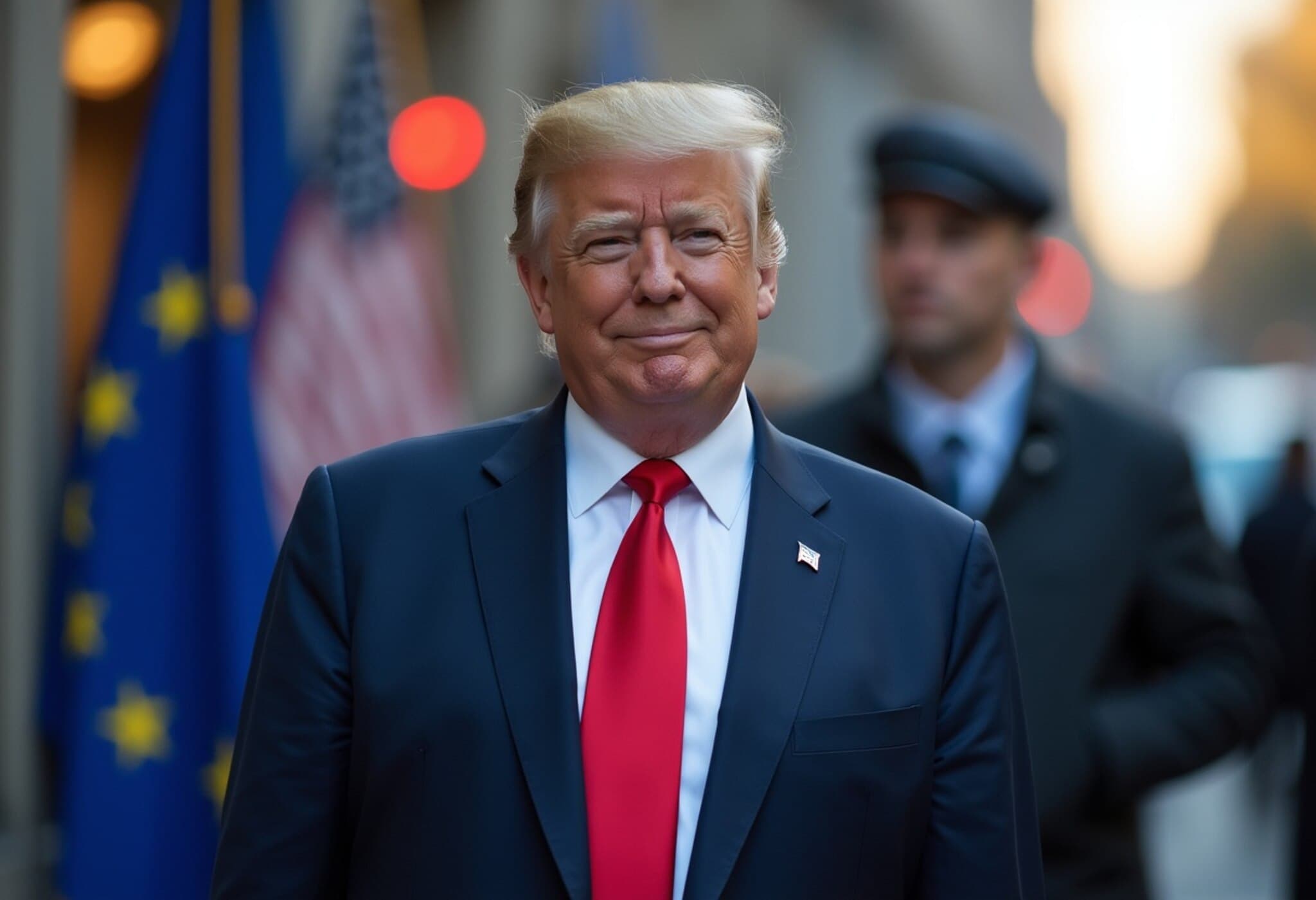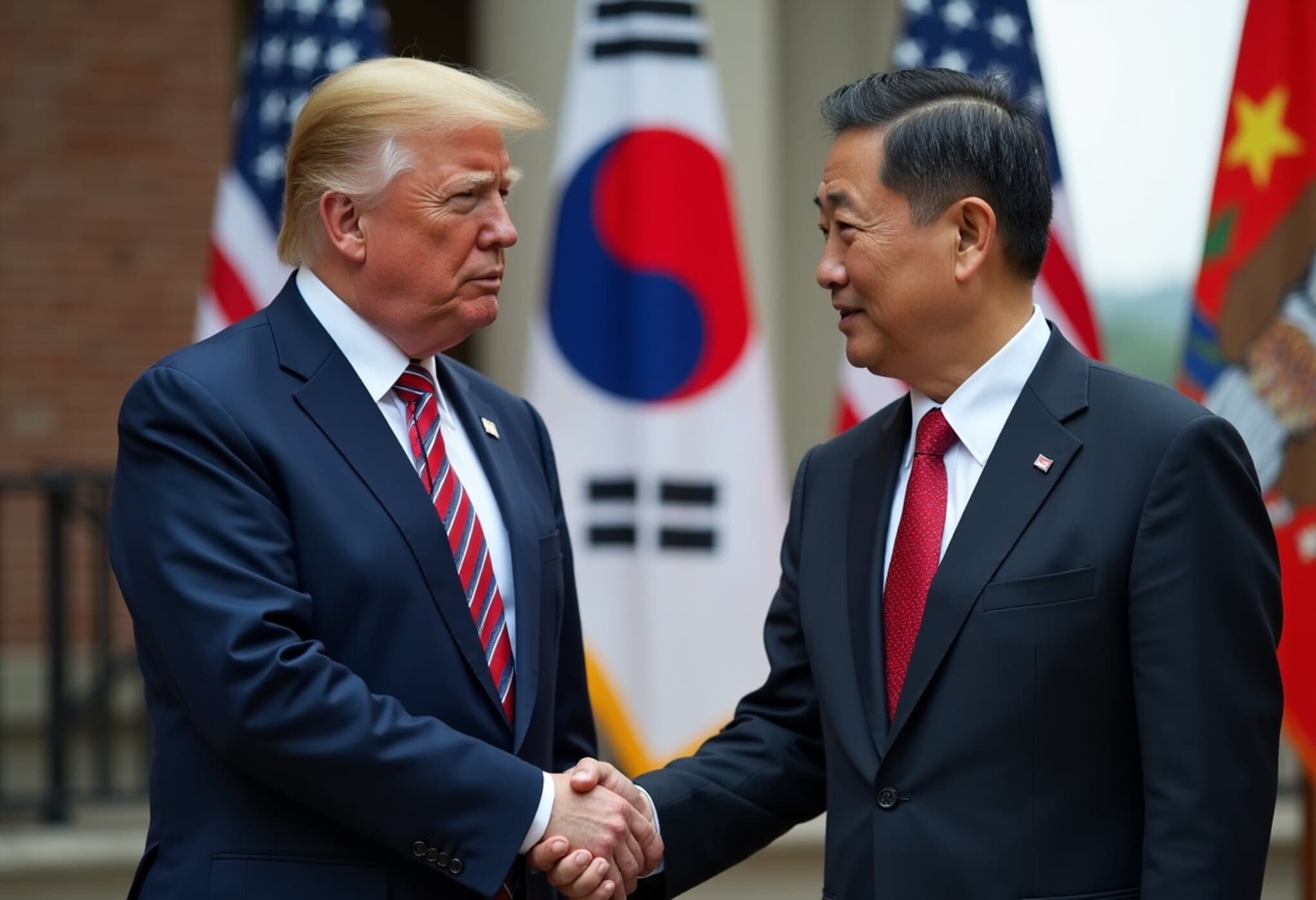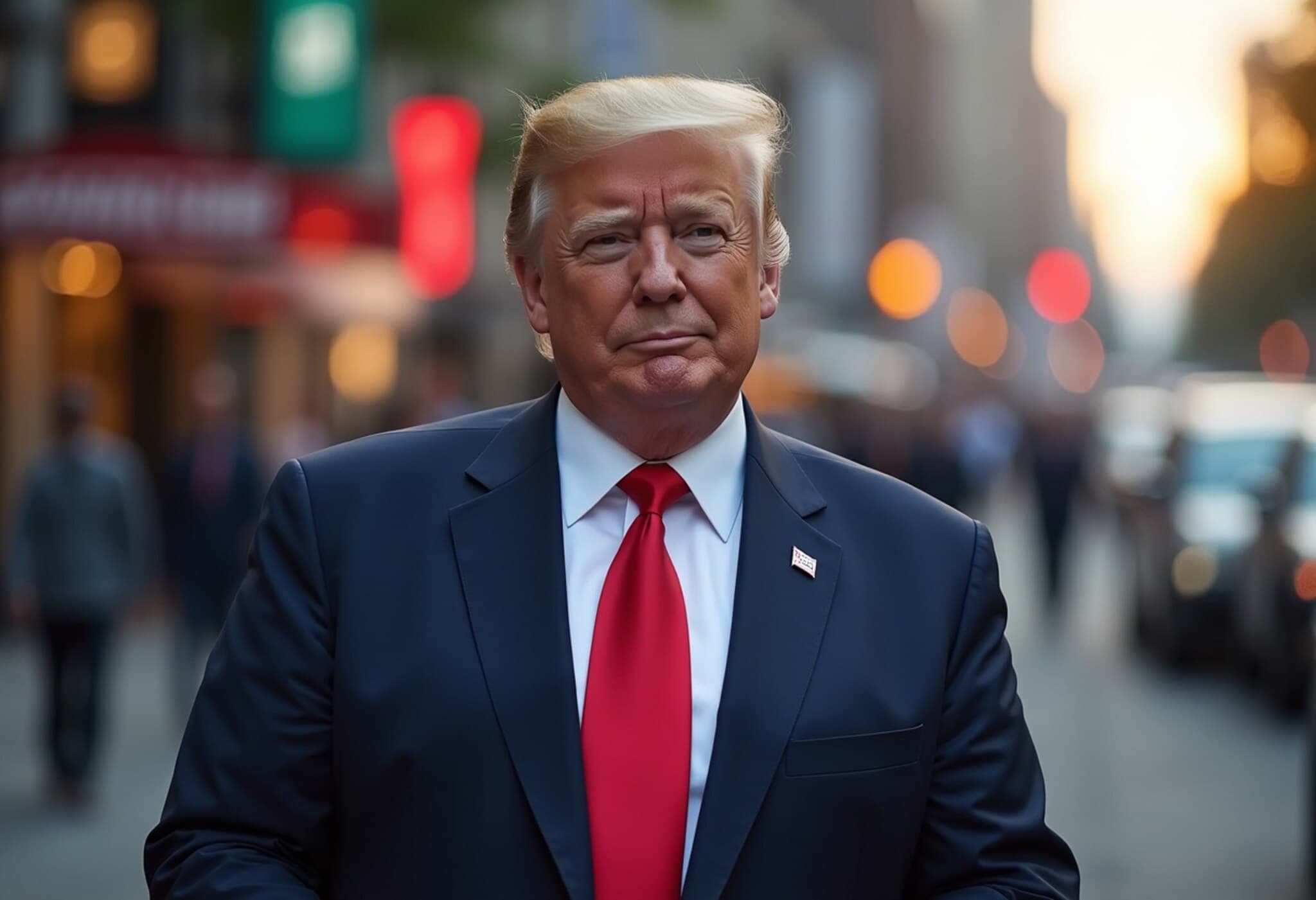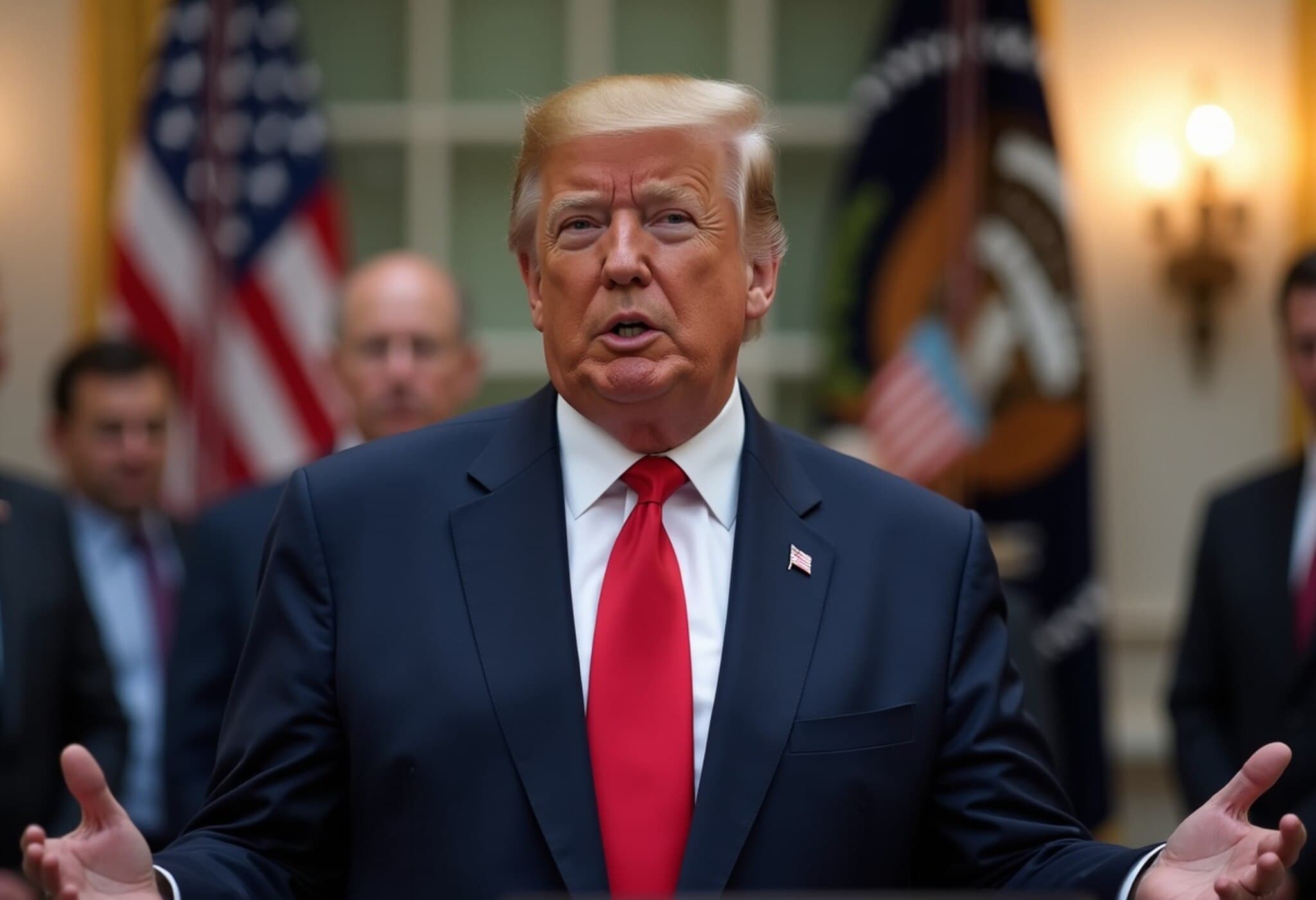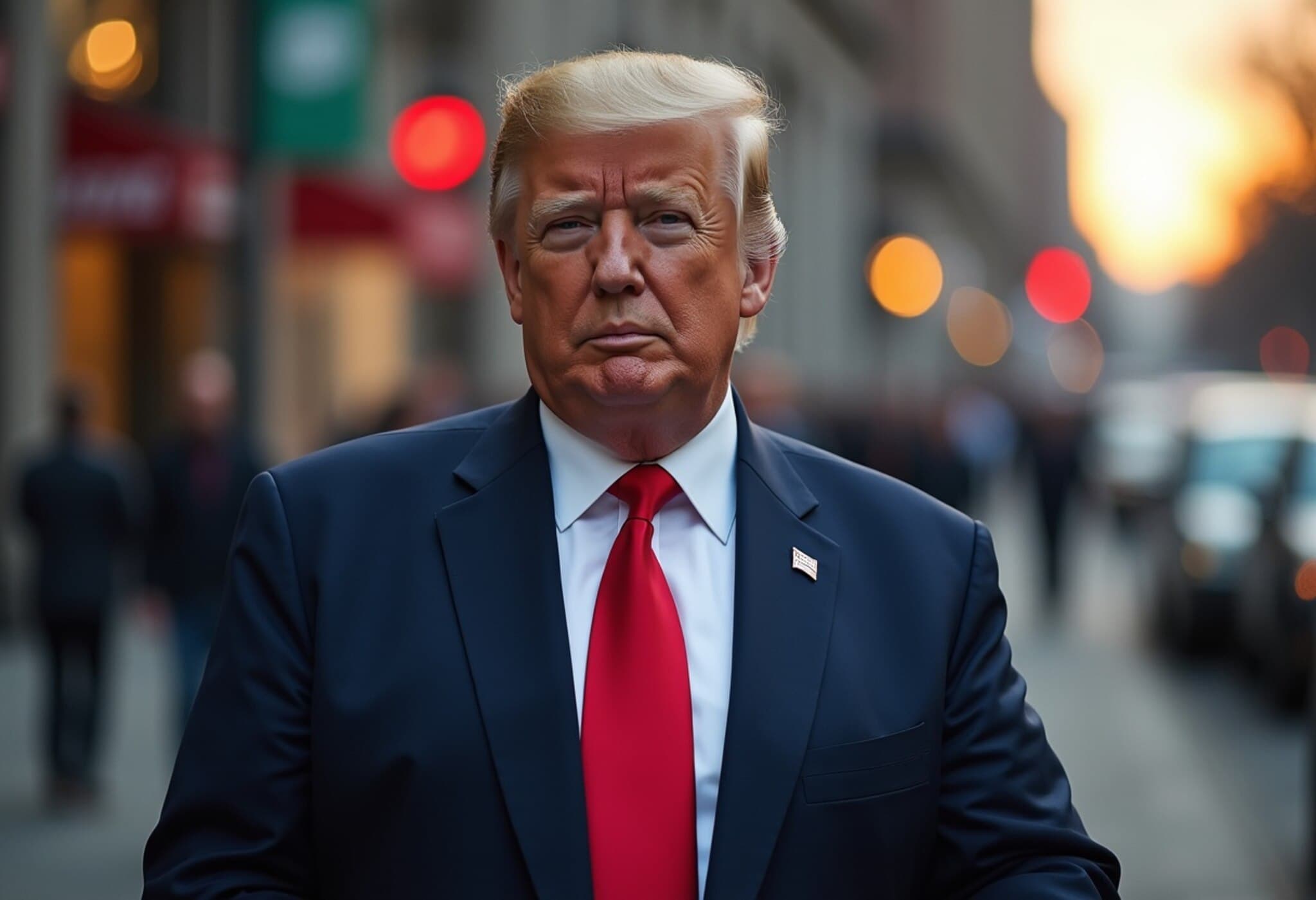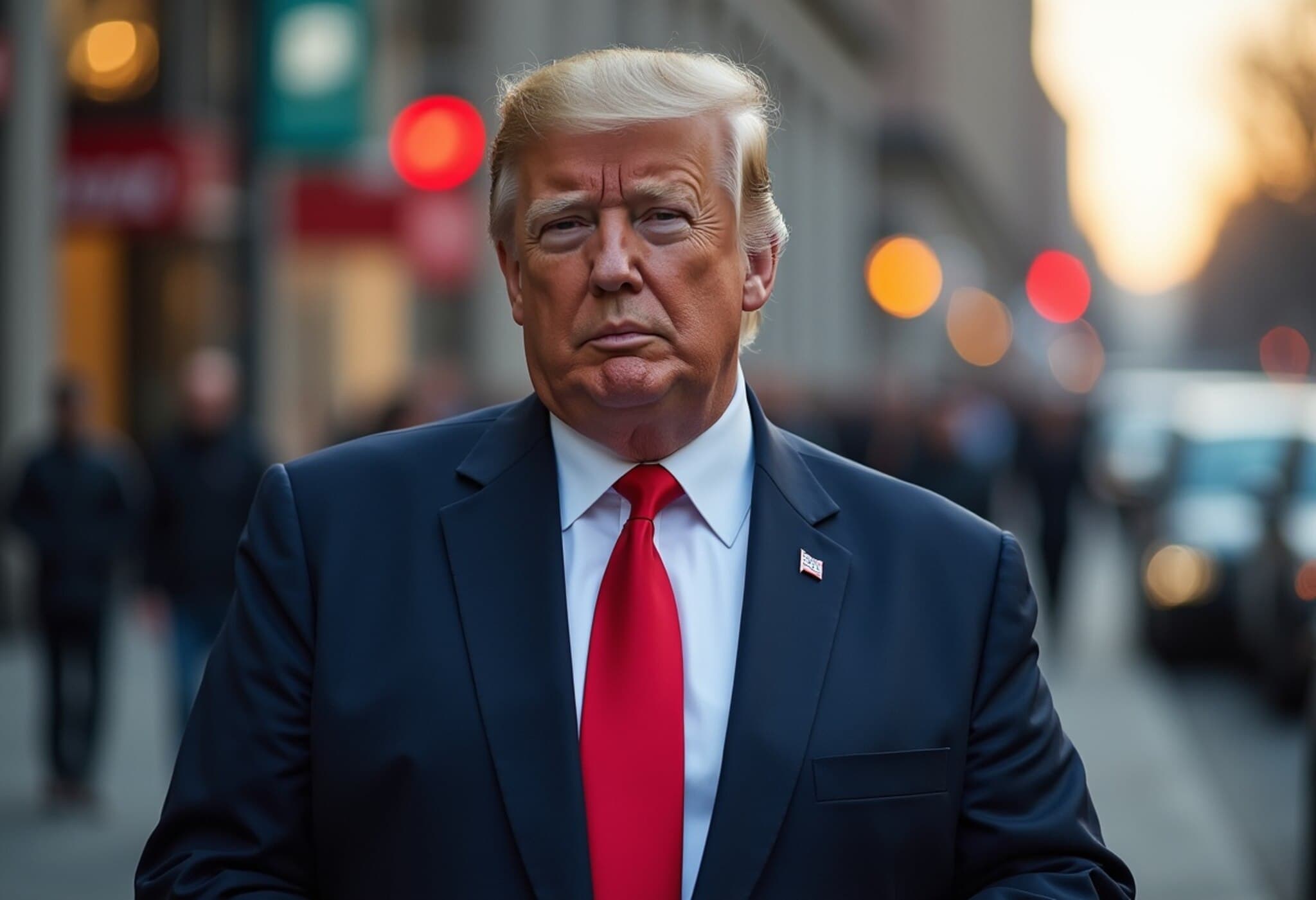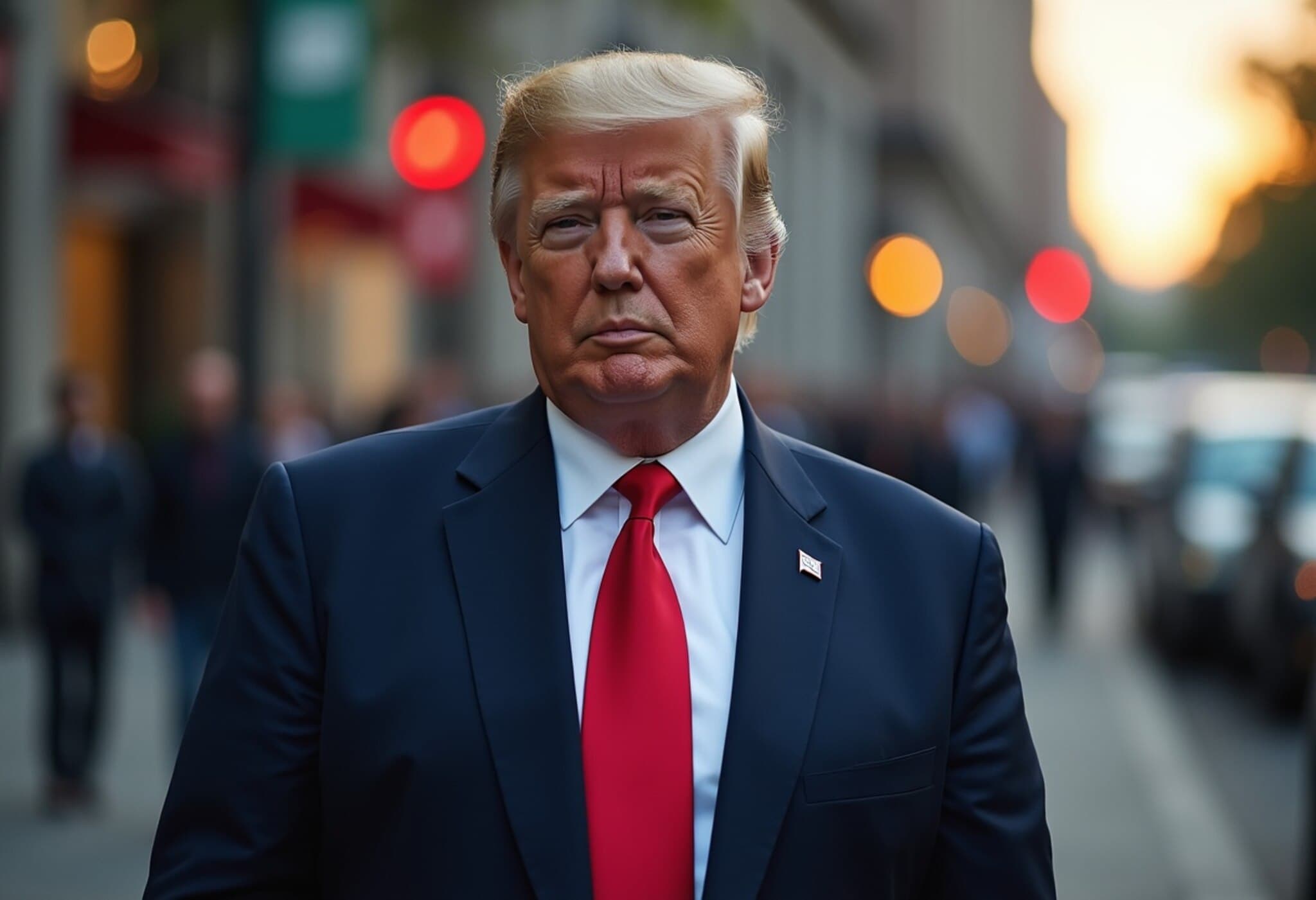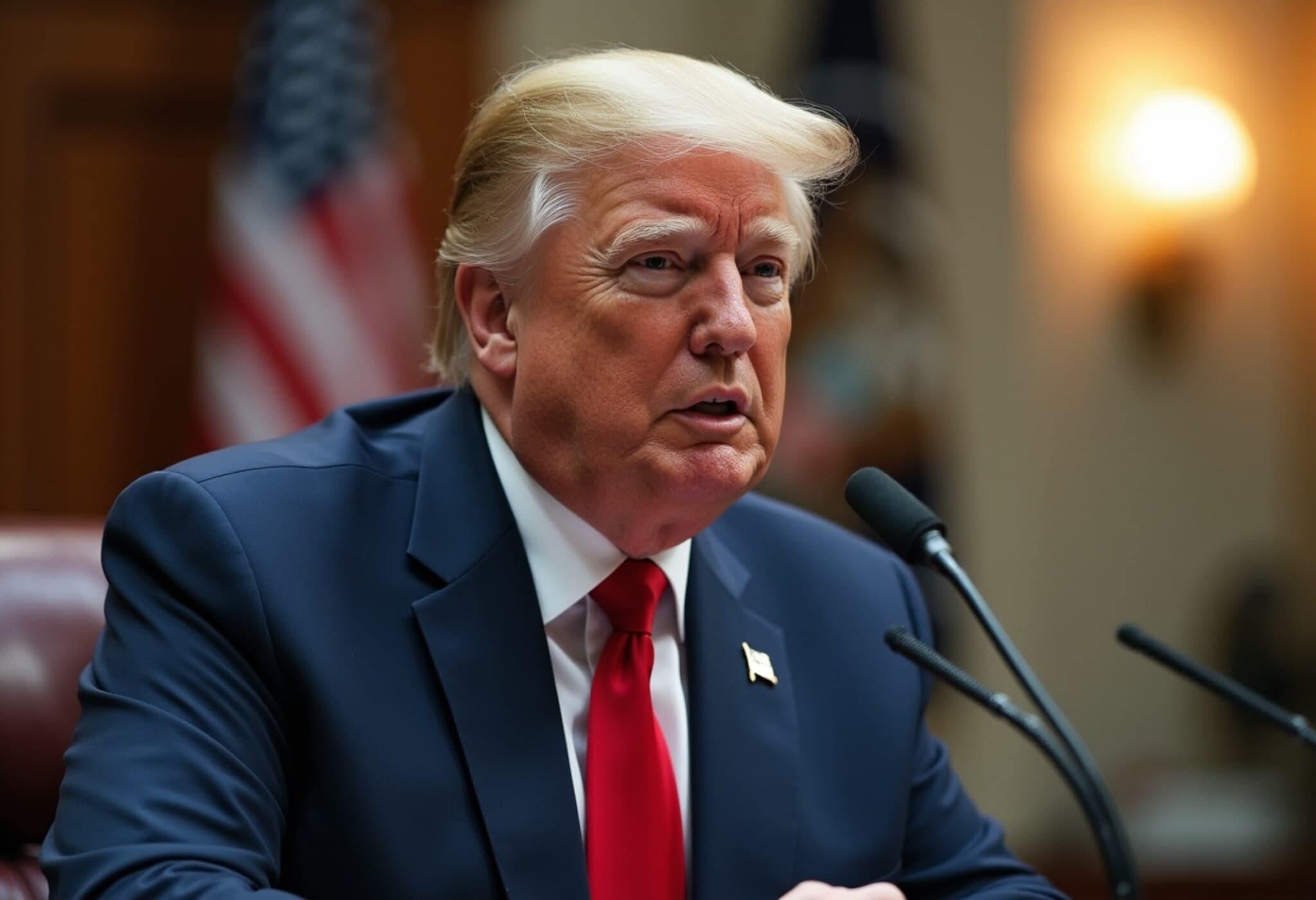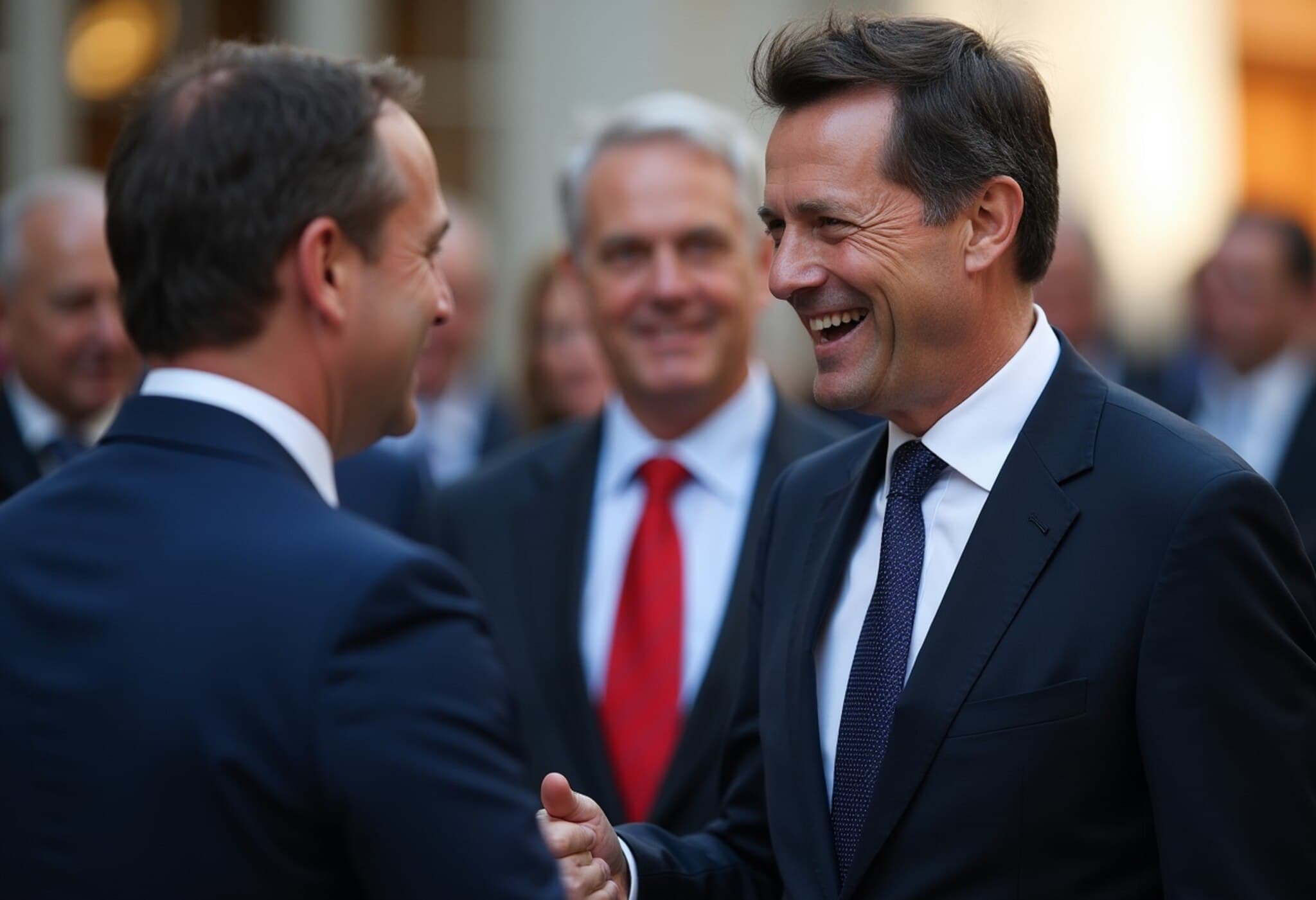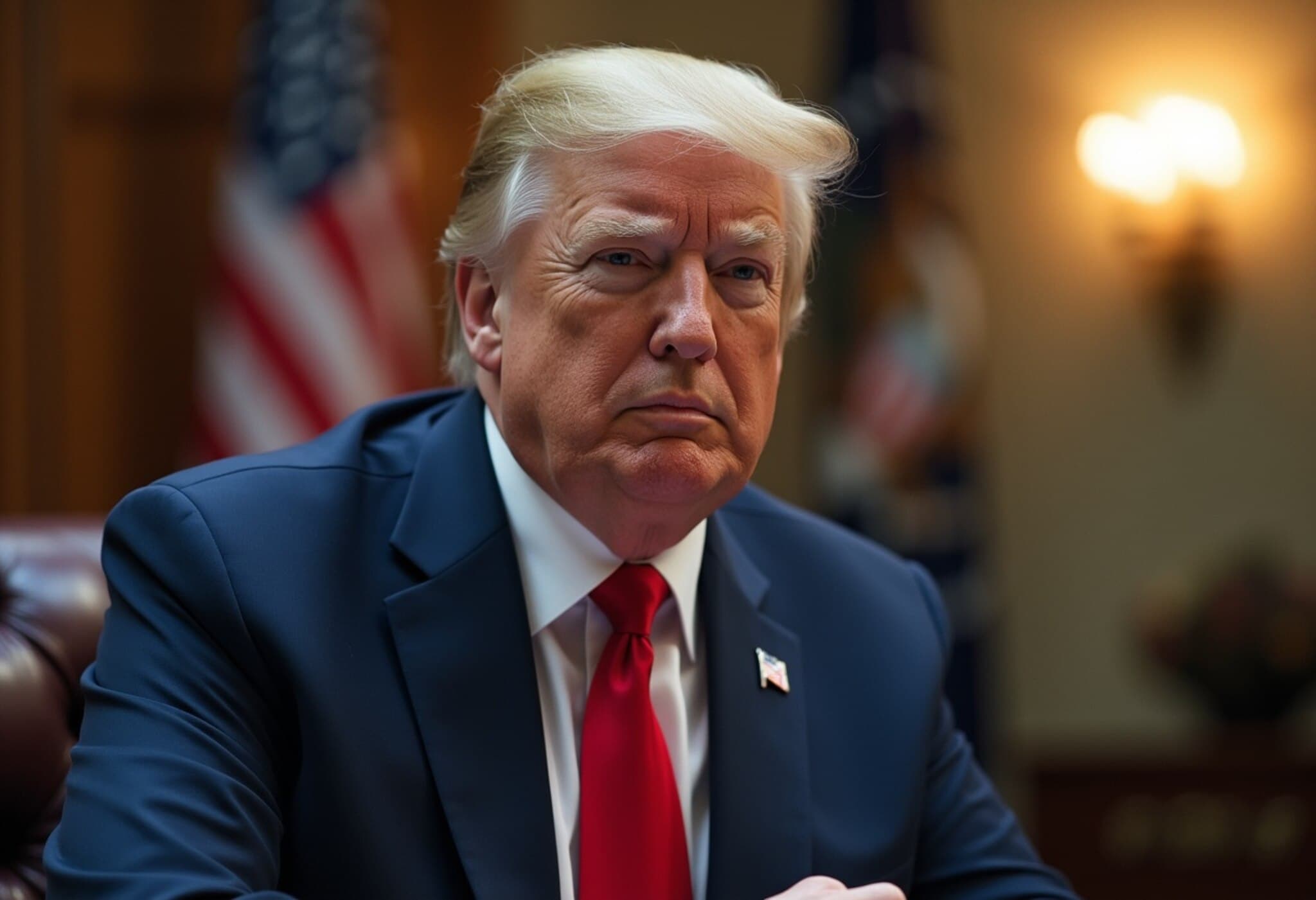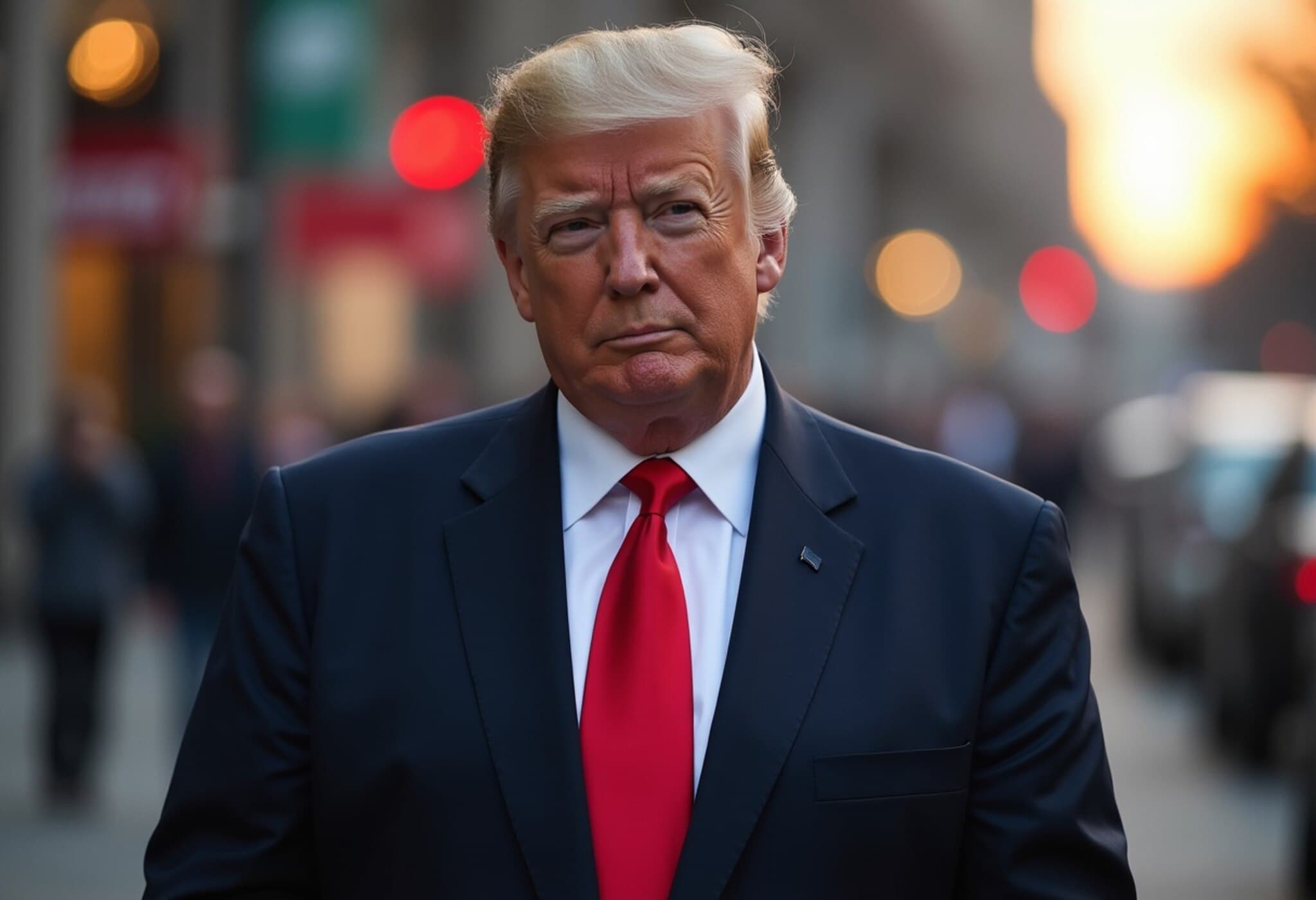Trump Raises the Stakes with Demands for Higher EU Import Tariffs
In a bold move that threatens to reshape transatlantic trade relations, U.S. President Donald Trump has intensified his tariff demands on European Union imports. According to the Financial Times, Trump is now pushing for a minimum tariff rate between 15% and 20% on goods entering the United States from the EU — a sharp escalation from earlier negotiating positions.
Background: The Long Shadow of the EU-U.S. Trade Deficit
Trade tensions between Washington and Brussels have simmered for years, in large part due to the EU's sizable trade surplus with the United States. Currently estimated at approximately €198 billion (around $231 billion) in goods alone, this imbalance has been a persistent sore spot in White House rhetoric. Trump’s administration argues that broad tariffs are necessary to counter what it sees as unfair trading advantages held by European manufacturers and exporters.
Negotiation Deadlock Ahead of August Deadline
As July closes, sources familiar with the negotiations reveal that talks have hit a stalemate with less than two weeks before Trump’s self-imposed August 1 deadline. The EU had been tentatively aiming for a compromise modeled on its recent agreement with the United Kingdom, featuring a 10% baseline tariff with exemptions for specific sectors. However, Trump’s hardline stance now threatens to upend those prospects, putting the future framework agreement at risk.
EU Response: Emphasizing the Full Picture
European Commission officials counter that the trade deficit narrative is incomplete. They highlight that when accounting for services and investment flows, the trade relationship between the U.S. and EU is far more balanced. Furthermore, Brussels has pledged to increase purchases of American energy, including oil and gas, in a bid to reduce the goods trade gap.
Still, Trump’s demand for higher tariffs on a vast range of European products has prompted immediate market jitters. Following the report, the Dow Jones Industrial Average plummeted over 250 points, reflecting investor concerns about escalating trade friction and potential ripple effects for the global economy.
Expert Insights: The Broader Implications for U.S.-EU Trade Relations
Trade experts suggest that Trump's approach, while assertive, could carry unintended consequences. Imposing tariffs at such high levels risks retaliation from the EU, which may lead to a tariff war adversely impacting American exporters and consumers. Additionally, the move could create uncertainty that slows investment decisions on both sides of the Atlantic.
From a policy perspective, the Trump administration's ongoing fixation on trade deficits overlooks underlying complexities such as supply chain interdependencies and the nuances of service-sector trade—areas where the U.S. often holds competitive advantages. A more nuanced approach balancing tariffs with negotiations on digital services, intellectual property, and regulatory standards may pave the way for a sustainable transatlantic trade partnership.
What’s at Stake for the U.S. Economy?
- Consumers: Higher tariffs typically translate into increased prices on imported goods, which can contribute to inflationary pressures.
- Businesses: American companies reliant on European supply chains may face higher costs or disruptions.
- Diplomacy: Strained trade talks could ripple into cooperation on broader geopolitical issues such as security and climate change.
Looking Ahead: Navigating a Complex Trade Landscape
As the deadline looms, both sides face a pivotal choice: pursue a confrontational tariff escalation or seek a pragmatic trade accord that acknowledges the complexities of a modern economic relationship. The coming days will be critical in determining whether the transatlantic partnership can withstand these pressures or whether new trade barriers will redefine the economic landscape.
President Trump's push for steep tariffs on the EU highlights enduring challenges in U.S.-EU trade relations. While aiming to protect American interests, such actions risk economic retaliation and market volatility. Going forward, policymakers must weigh immediate protective measures against the benefits of long-term economic cooperation. Will this tough stance catalyze a fairer deal or backfire by isolating key allies? The answer will shape trade dynamics for years to come.

